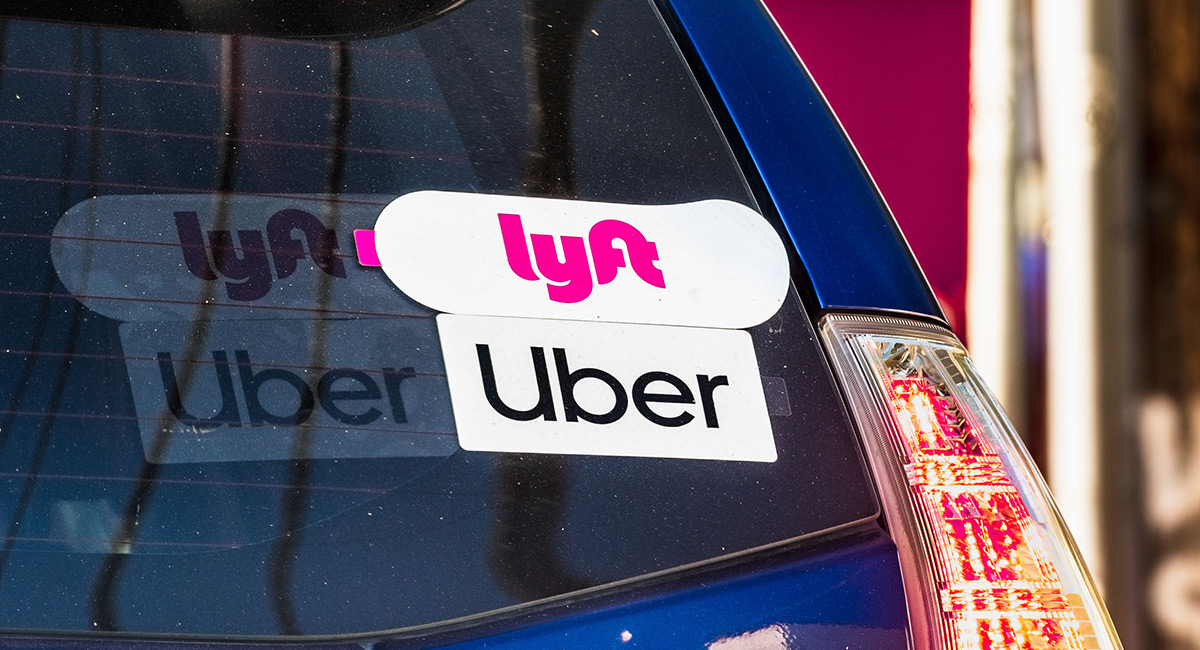As many economists and other commentators have pointed out, markets turn the miraculous into the mundane. Paris gets fed, Frederic Bastiat reminds us. We look with proper wonder at the complex system that gave Parisians their daily bread. Today, if anything, Paris, Texas and Paris, France are fed too much. Moreover, many things that would have been significant problems years ago are minor inconveniences now.
Sometimes people sneer when economists say “Leave it to the market” or “Let the market take care of it.” When we refer to the market, we use it as shorthand for decentralized, voluntary cooperation based on persuasion and exchange rather than coercion, obligation, and (plainly speaking) theft. There is nothing in the market economy to guarantee that this or that problem will be solved completely, but we must remember that centralized systems are long on promises and short on results. What good is it to “guarantee” something and then repeatedly fail to deliver? People still slip through the cracks in a commercial society, but free markets have made the cracks a lot smaller.
Here are a few examples of times when “the market”—meaning strangers with their own problems who might not care about me per se—came to my aid.
I’ve said before that if I ever write an autobiography, it will be called Where Are My Keys? As I typed the first draft of this piece, I was at home. Since I had misplaced my keys, however, my car was at the office. Try as I might, I wasn’t able to find them. A few flicks of my thumb later, I had requested a ride from Uber and was waiting for someone to pick me up and take me home. It was a problem that was a lot easier to solve because of innovation on the part of profit-seeking entrepreneurs. Granted, this wasn’t the only way to solve the problem. I could have asked my wife to pick me up. I could have walked home. I could have called a taxi. Self-interested, innovative entrepreneurs made it a lot easier to solve the problem (again) not because they care about me per se but because they care about themselves and those close to them.
I’m terribly absent-minded, which means I forget a lot of stuff pretty frequently. Fortunately, profit-seeking entrepreneurs are there for me. Target was there for me when I needed to buy nice shoes in North Carolina in 2009 after forgetting to pack some. When I needed cough medicine at 4 AM in Storm Lake, Iowa, in 2010, Walmart was there for me. Various hotel shops have been there for me with belts, medicine, shirts, and other stuff when I’ve needed it.
At every turn, people were able to care for me without necessarily caring about me. This isn’t necessarily vicious: I’m a stranger, and they have their own families and friends to care for. Markets have turned otherwise disastrous problems into mundane inconveniences with simple fixes. Hungry? Buy food. Headache? Take an aspirin. Cold? Put on a jacket. These problems weren’t so easy to solve for our pre-commercial ancestors. They didn’t have the luxury of fully-stocked pantries, medicine cabinets, and closets. Formerly difficult-to-surmount problems are now easy to get around with the liberal application of a few dollars.
Since we can fix so many things with money and since the market is there for us in so many ways, we can free up a lot of our time and attention for more important things. Remarkably, a small army of people devoted itself to making sure a fruit-and-yogurt parfait and a bottle of water were there for me at the airport when I hadn’t eaten lunch and had a plane to catch. It was remarkable—and all they wanted in return was what would have taken me about fifteen minutes to earn.
To digress a little, I don’t believe in the labor theory of value. Still, I find labor time to be a helpful way to think about just how remarkably productive we are. Suppose I had wanted to make a single fruit and yogurt parfait. First, I would have starved to death waiting for the strawberries to ripen and the oats to grow, so I’d offer a big thanks to people who have laid something aside to sustain us while we produce. Second, caring for a tender strawberry plant would be time-intensive. Even if we assume that somehow I get the milk I need to make the yogurt, it still takes time to turn milk into yogurt. Having never made the stuff myself, I haven’t the foggiest idea where I would possibly get started. It would take me many, many hours to produce a single fruit and yogurt parfait.
This doesn’t even account for the risk, and making a parfait is also pretty risky. Think about cultivating a strawberry plant. A lot of things could go wrong and leave me with no fruit for the parfait. Fortunately, some people specialize in risk management and risk assessment who are there for me.
As I’ve continued studying economics, I’ve gotten more and more interested in this notion of caring for people without necessarily caring about them. Indeed, I think there’s a solid case to be made that simply working and saving more has more long-run benefits than most of the things we do in the name of helping those who are less fortunate than we are.
To those of you who are working to reduce transaction costs and find easier ways for strangers to cooperate, this absent-minded professor offers a heartfelt “thank you.” Yes, I will try to be more careful next time—but as someone who routinely misplaces keys, coffee cups, sunglasses, and so on, I appreciate the efforts of those working to make these unfortunate incidents a little less disastrous.









